'REFRESH' YOUR SCREEN EACH TIME YOU VISIT THIS SITE TO BE SURE YOU HAVE THE MOST RECENT PAGE
updated 10/4/17
--------------------------------------------------------------------
.-----------------------------------------------------------------------------------------------------------------
.-----------------------------------------------------------------------------------------------------------------
--------------------------------------------------------------------------------------------------------------------------------------------------------------------
[2A2b] To practice replacing fear and greed with love, compassion, tolerance, and the sympathetic imagination,which is essential to morality and ethics. Trying to imagine what it was like to be someone else is a form of experiential learning, the kind that can stick with you later. All of this depends on your willingness to be an actor, to willingly suspend your disbelief long enough to play the part. That willingness also enables you to FREE yourself from the world views that you may have inherited without conscious thought or decision on your part.* Trying out the worldviews of other cultures is the humanities equivalent of a scientific experiment. When you adopt, however briefly, another Weltanshauung, and see and feel as a member of that culture would, you test out whether any part of that philosophy of life is one you want to adopt and/or, by contrast, what part of the worldivew you inherited you may consciously want to embrace as an adult.
*William Blake called them your "mind-forged manacles"
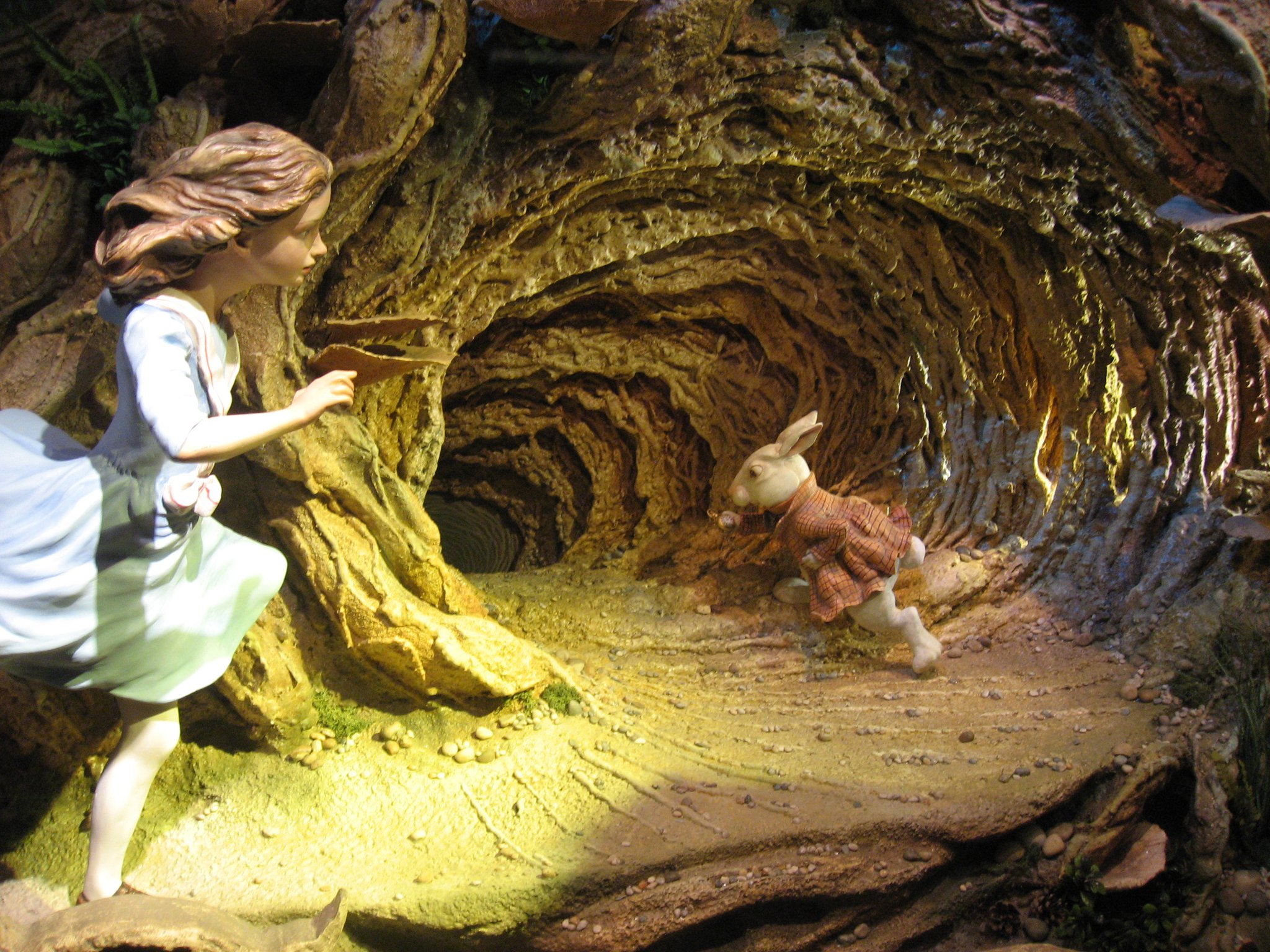
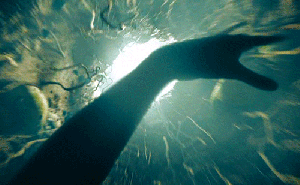
DOWN THE RABBIT HOLE:
THIS IS YOUR JOURNEY UNDERGROUND.
Alice invites you to the fourth stage of the hero's journey, an exercise in the katabatic imagination, to a world view of yourself as the story of your descent into your personal unconscious, the collective consciousness of your society, and the great collective unconscious , back to the origins of our species, back to the time when the human-nonhuman boundary was easily crossed, a journey repeated thousands of times each year now as people go down into a caves such as Lascaux to marvel at the depictions of animals on the cave walls, reconnecting you with the animals and all the living beings from whom you descend. I invite you to the totem animal vision quest and/or to retrace the path of Gilgamesh, Orpheus, Theseus, Jason, Heracles, Demeter, Odysseus, Aeneas, Jonah, Lazarus, Dante, Alice and many others down into the underground to discover your self , to regain something or someone you lost, to undergo a series of tests and degradations which will collapse or dissolve your old self, return you to a more primitive state so that you can be reborn, returning from the underground with new power and the knowledge of a final state of 'wholeness' or integration that connects you to all, enabling you to reach your full potential.

At the entrance to Lascaux
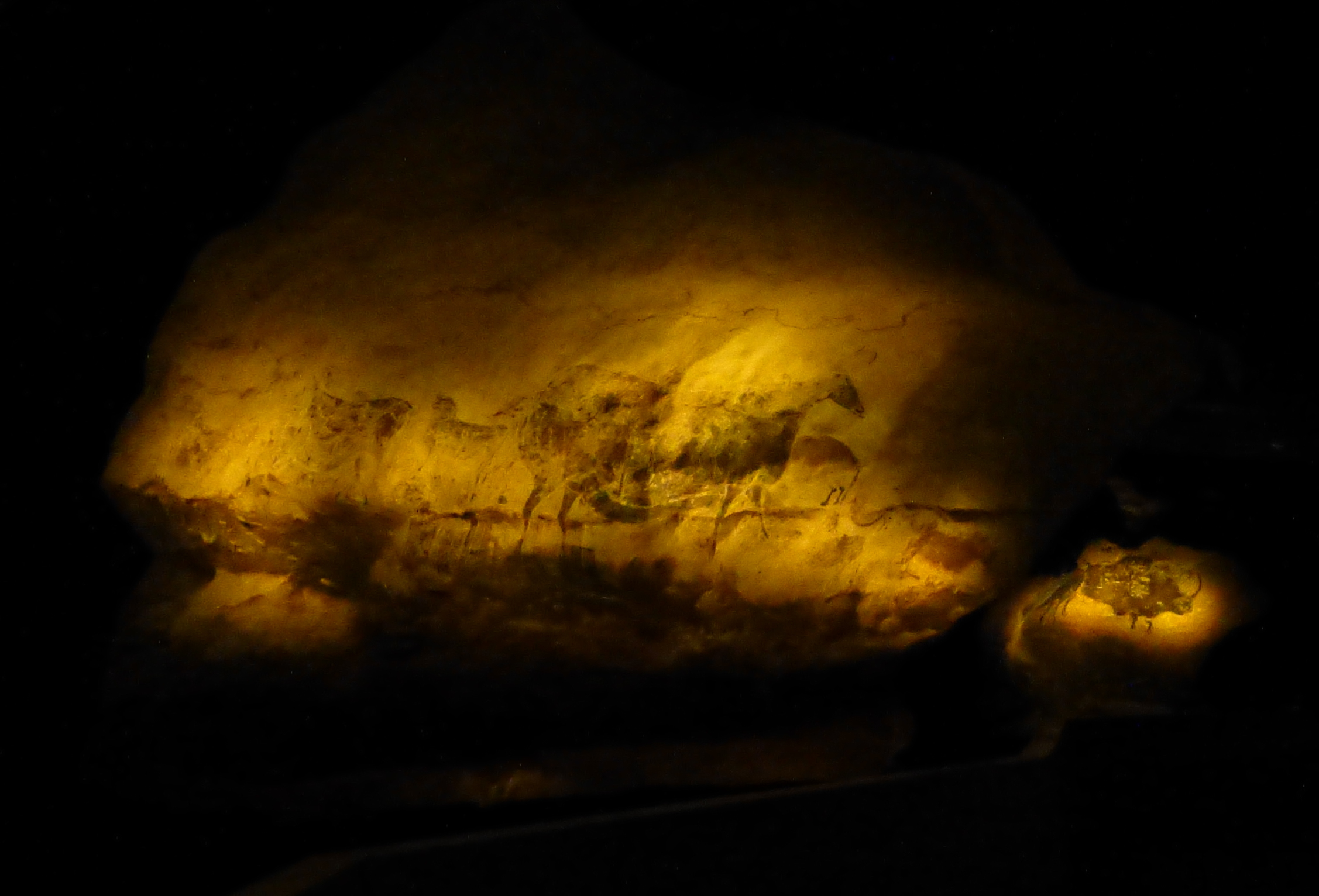
in the cave
____________________________________________________________________________________________________________________________________________________
>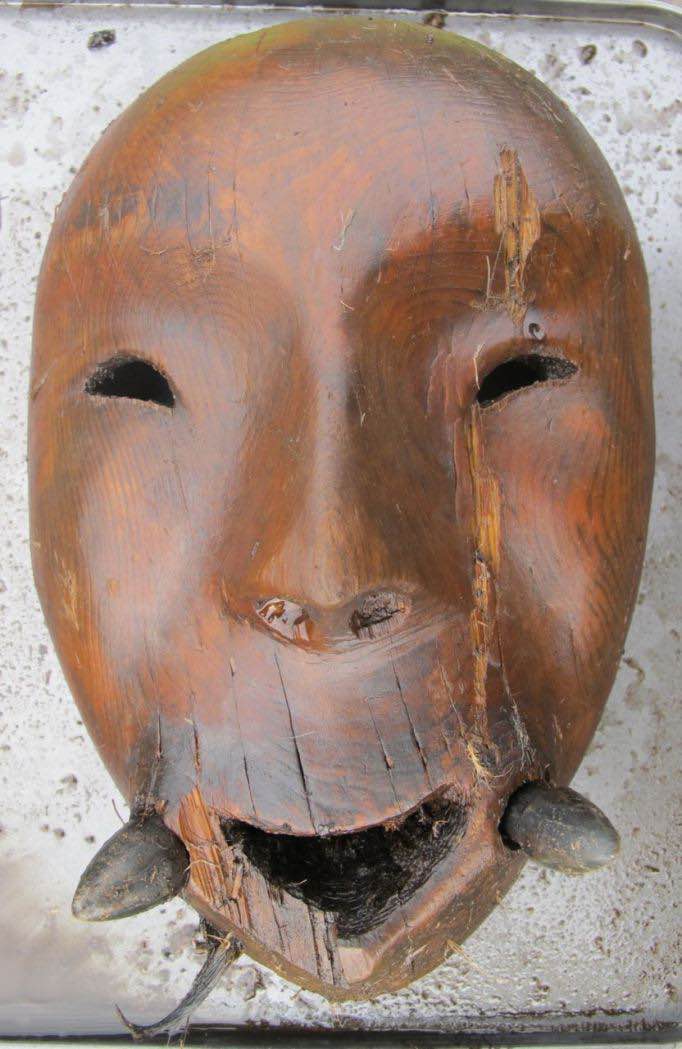
--------------------------
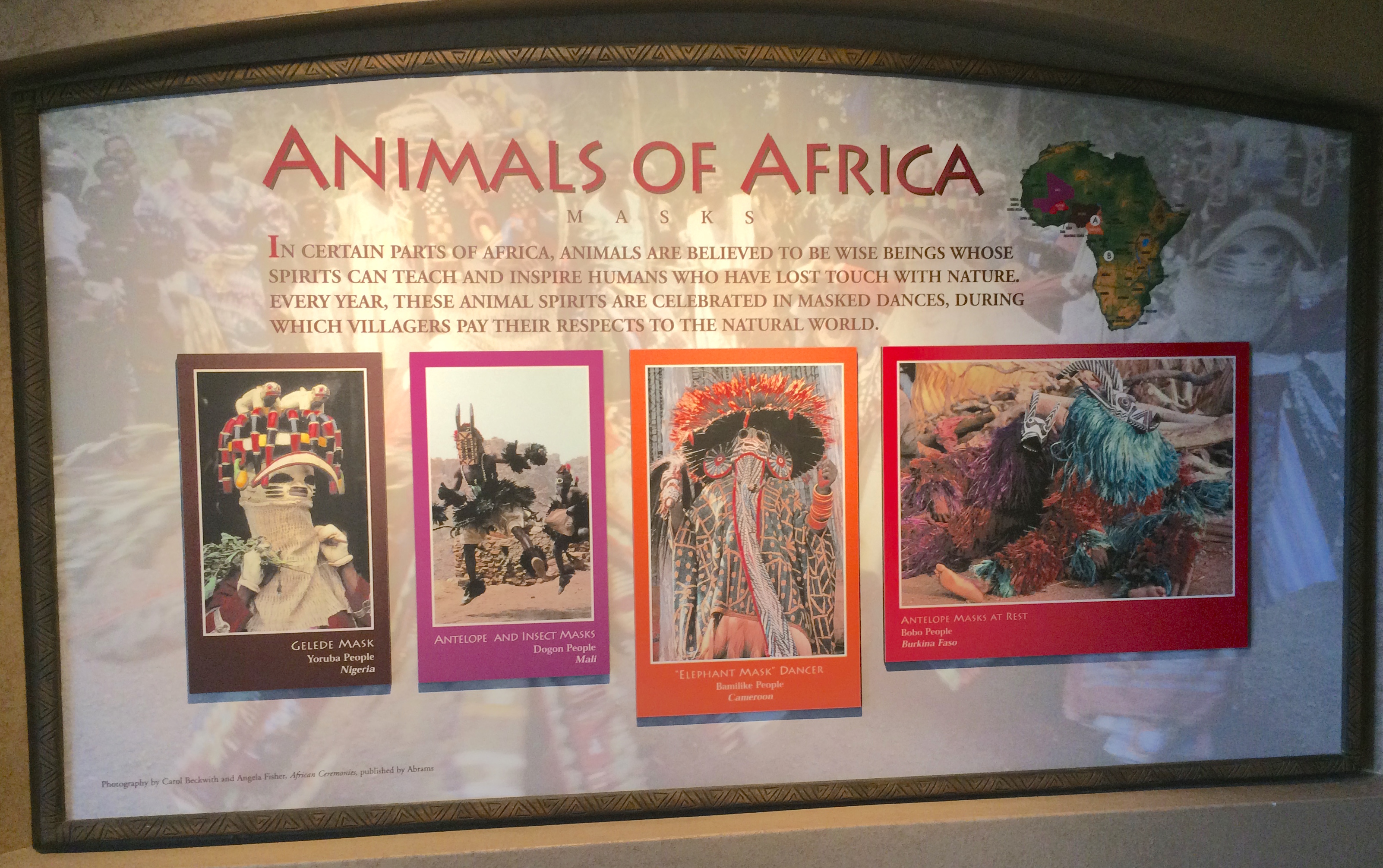
----------------------
-----------

OUR CLASS JOURNEY, ALSO A JOURNEY DOWN AND THEN ALONG COASTLINE
POPULAR CULTURE TODAY:
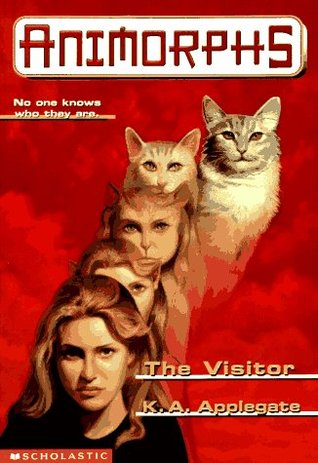
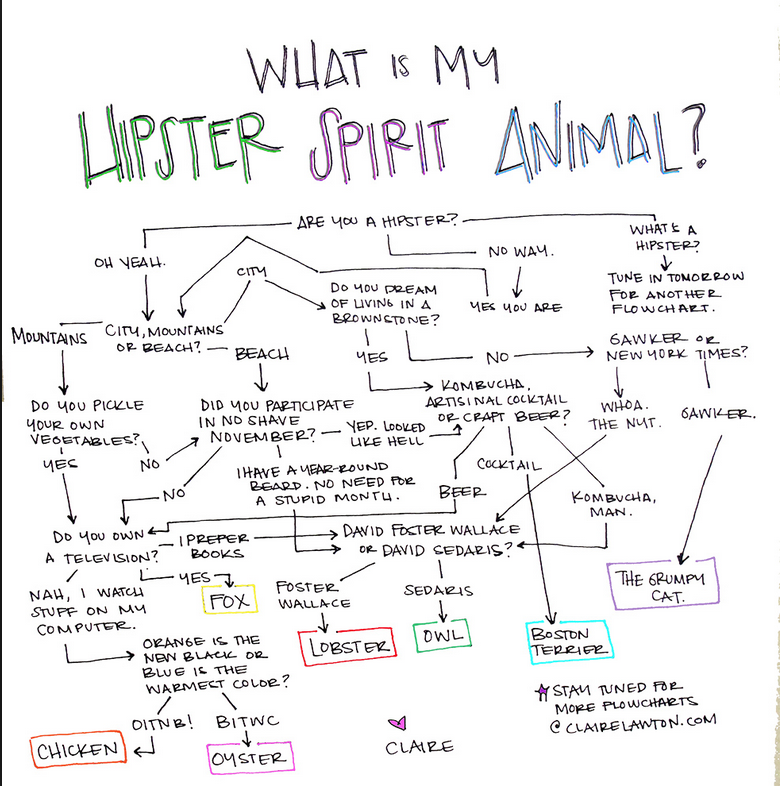
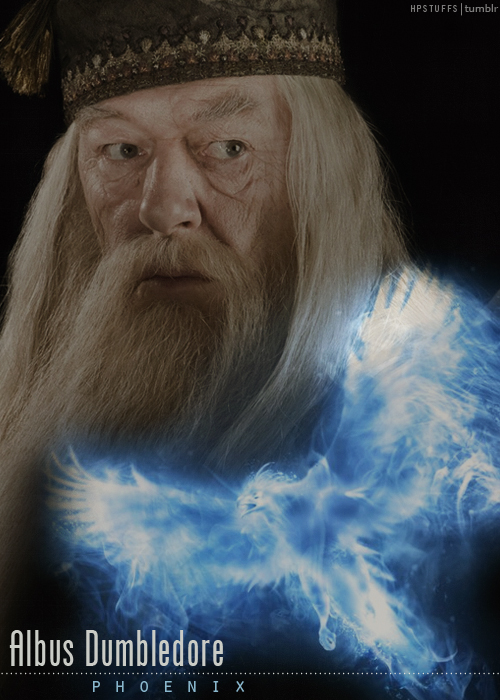
Finding Your Power Animal in Fight Club
http://youtu.be/boj75h3urLU
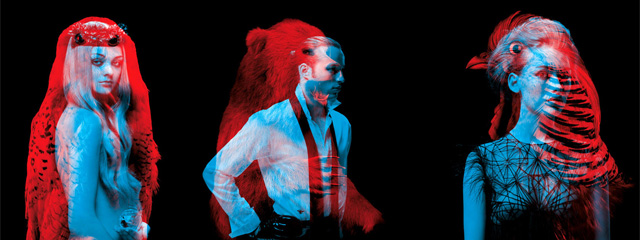
==============================
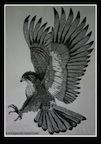
=======================================================================================
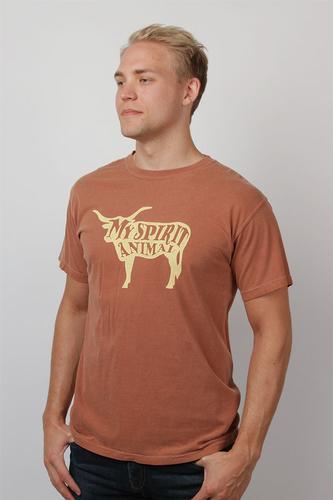
=================================
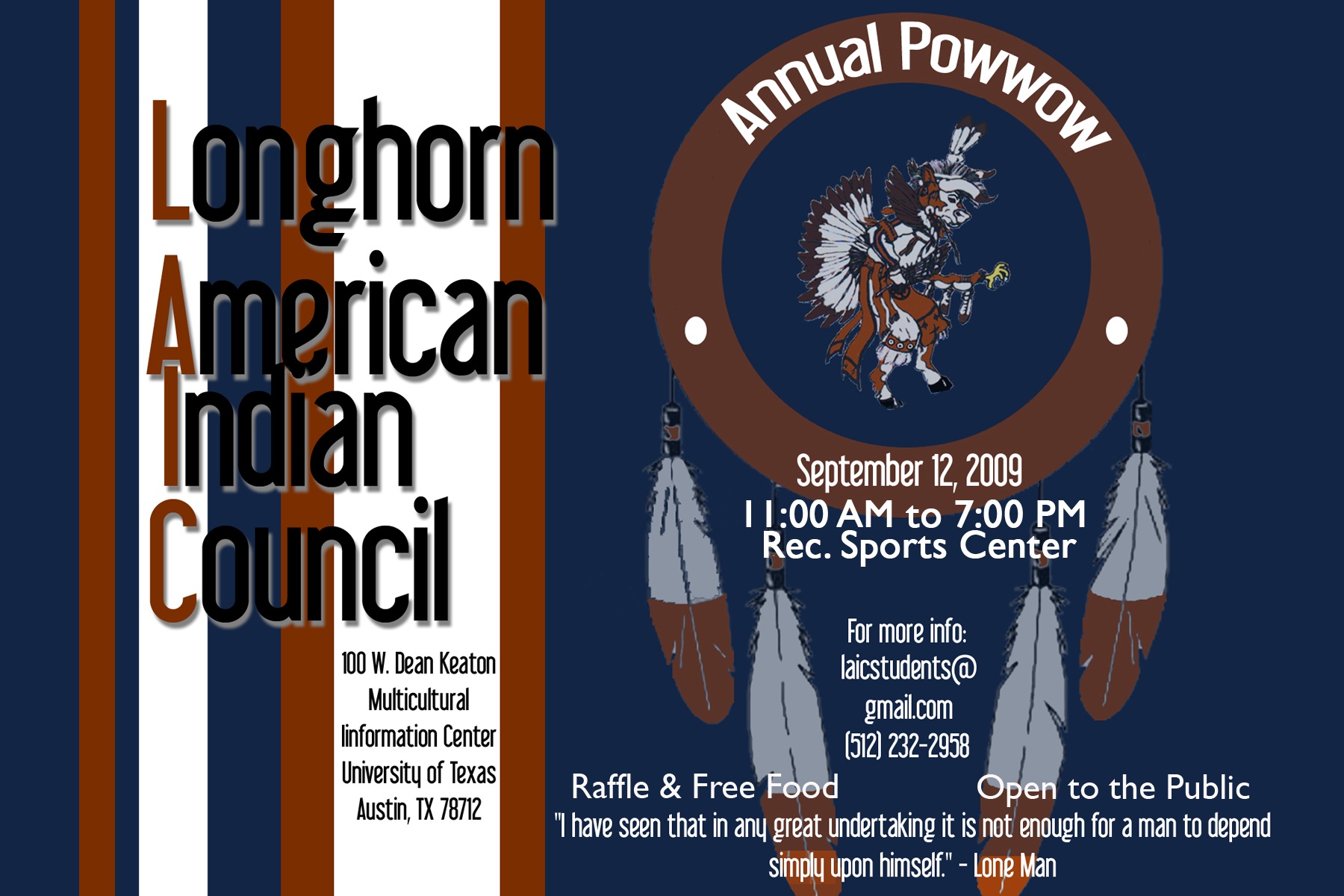
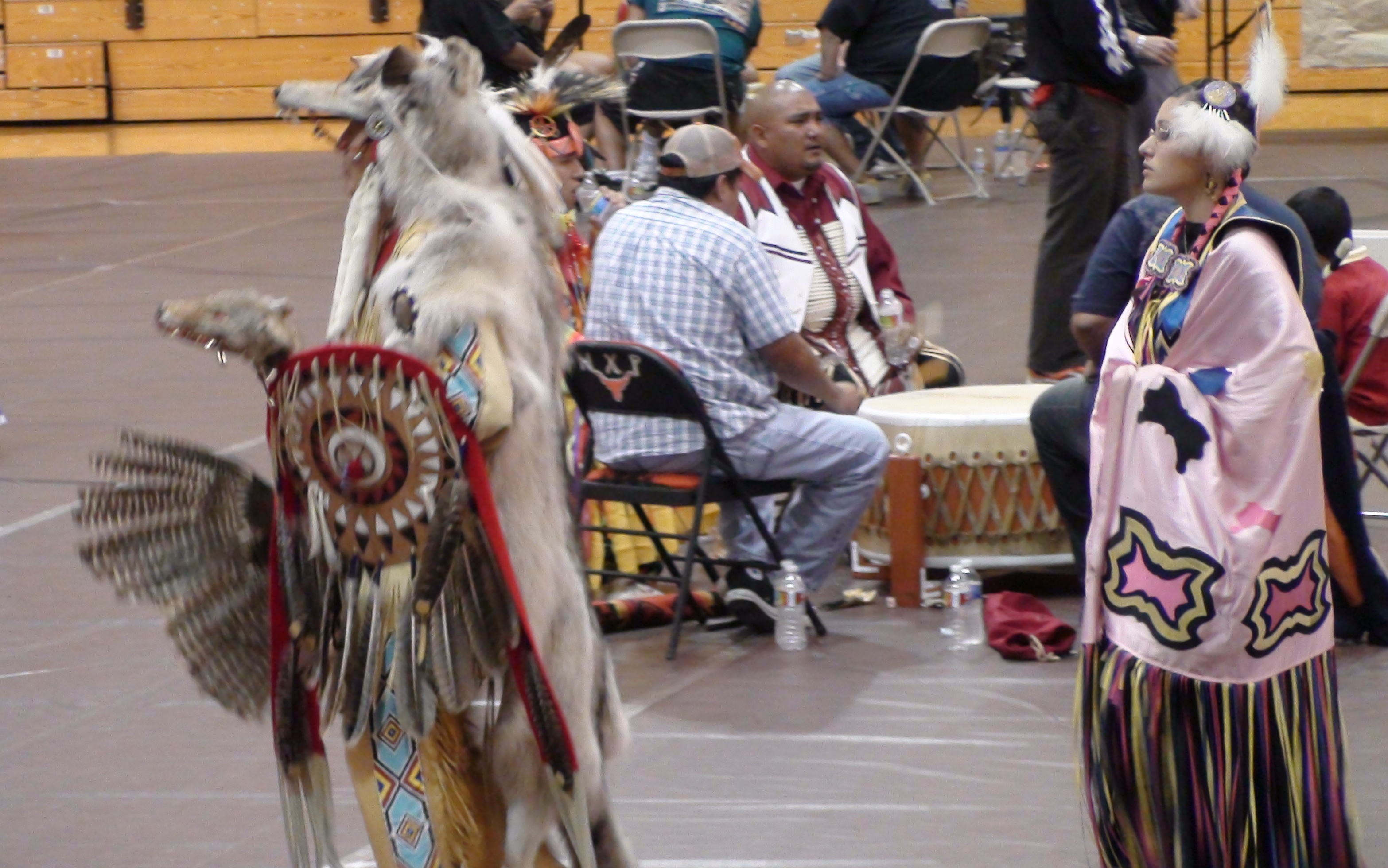
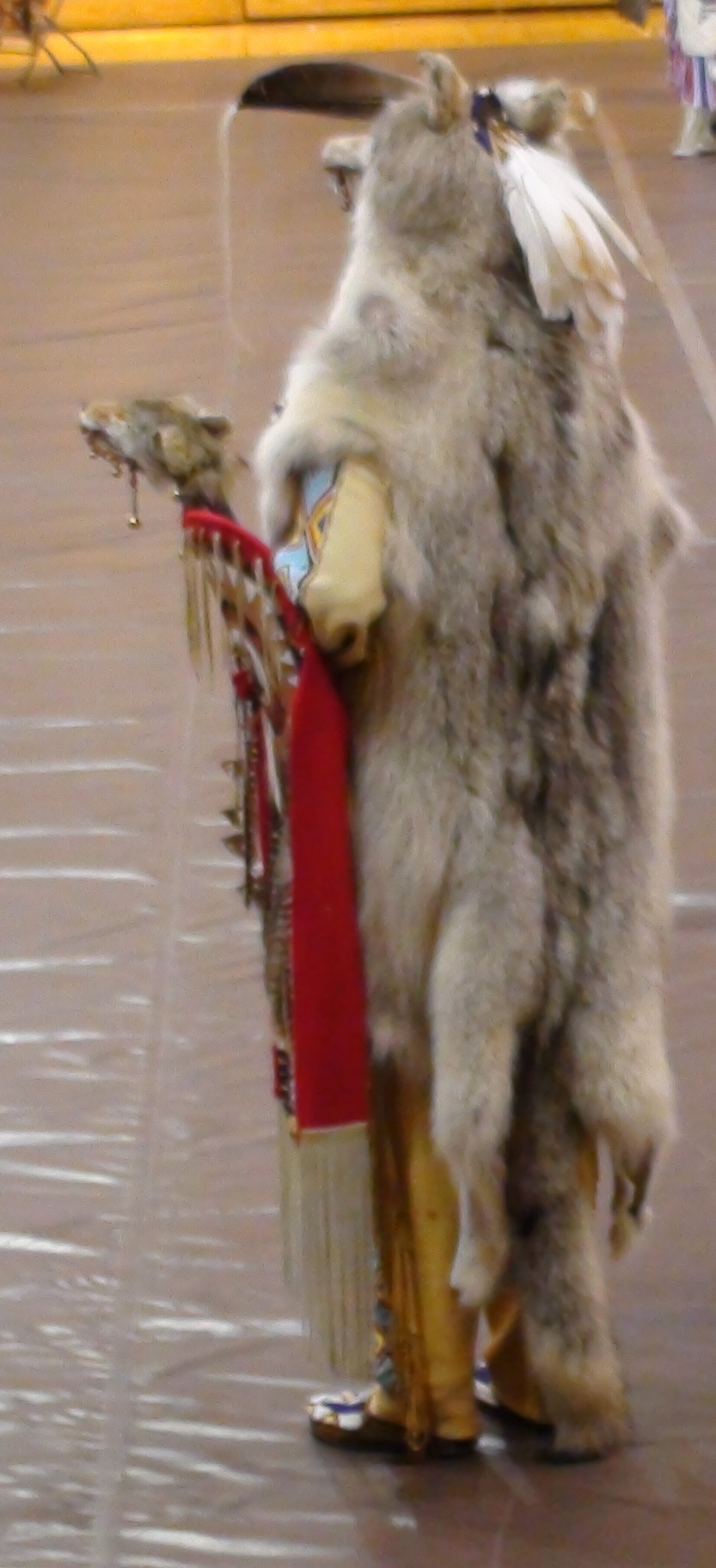

CP Extra Credit if you go in groups, Individual extra credit otherwise
---------------------------------------------------------------------------------------------------------------------------------------------------------------------------------------------
--------------------------------------
-------------------------------------------
[a] one from a scientific account of your animal (may be from the internet) or from the course anthology section of Animal Speak; and/or the course anthology section of Spirit Animals and/or“Power Animals in Bless Me Ultima, Harry Potter, and Black Elk Speaks: A Few Examples” and/or “Totemism and Power Animals, some definitions .”
[b] and one from a library book not available in any way on the internet. You may choose one of the books on reserve listed below. (Needless to say, the quote from the reserve book can not be from pages reproduced in our course anthology. ) But you will earn more points for a different kind of book about your animal such as a scientific book, for example.
In any case, you must supply complete bibliographical information for the book[s]: See http://www.press.uchicago.edu/books/turabian/turabian_citationguide.html
[c] and one from Abrams, Becoming Animal, in the anthology or here
=====================================================================================
, OR ONE FROM https://www.la.utexas.edu/users/bump/Being%20a%20Beast%20bk.pdf
Books on Reserve in the PCL for This Project:
Animal spirit guides : discover your power animal and the shamanic path / Chris Lüttichau. -- BF 1275 G85 L88 2009;
Power animals : how to connect with your animal spirit guide / Steven D. Farmer. -- BF 1275 G85 F37 2004 TEXT ;
Animal-speak : the spiritual & magical powers of creatures great & small / Ted Andrews. -- BF 1623 A55 A53 1993;
Power animals : how to connect with your animal spirit guide / Steven D. Farmer. -- BF 1275 G85 F37 2004 CDROM
=============================================================================================================
HOW WILL IT BE GRADED?
HERE is a sample summary of an evaluation of a student's final P1 by the instructor*
The essay itself is marked up by the professor using the nine categories and adding and subtracting points according to the rubrics and according to the general "college-level writing" criteria here: Detailed criteria for your final version is available in your course anthology, HERE, and a supplment here.
=============================================================================================================
============================================================================================================
THE PROCESS
=============================
1. Begin with the animal.
You can use any selection process you like but the emphasis should be on the animal choosing you rather than vice versa. Then you can then draw on your memories and/or the scientific observations of others (worth extra points) to establish the traits of the animal that are most relevant to you.
Here are three contemporary guided meditations that may help you find a power animal in the Native American tradition:
Steven Farmer
Shamanic
Denise Linn
=============================
2. Be the animal
=============================
To get a sense of the animal, in addition to your memories and your research, use your sympathetic imagination, trying to imagine what it is like to be the animal. At least 700 words must be devoted to helping us see, feel, hear, etc. as the animal does.
This of course is good practice for Project Two where you must write even more from the point of view of the animal.
=============================
=======================================================
3. Learn from the animal (For example, what could you learn from the animal's ability to "be here now.") See especially Abrams, Becoming Animal, in the anthology or here
4a. Focus on the specific traits of your animal' and what you can learn from them: those that you would like to have more of yourself and those that you would like to see less of in yourself.
4b. It would be especially useful if you include traits that you need or don't need to be a better leader.
HOW COULD S/HE BE A LEADER FOR YOU?
HOW COULD S/HE HELP YOU DEVELOP YOUR OWN LEADERSHIP TRAITS?
=============================
5. Strongly Recommended, 12 pts. Extra Credit: Once you have at least 700 words make an appointment at the UWC. Take your draft with you and ask the tutor to help you with just one or two of these criteria that you think you most need help with. If you are not sure just say "conciseness" and "word choice." You must stay for the full 45" and ask the tutor to send me an email to get the credit.
==========================================================
Proof of attendance will be the email from the tutor to me about your project
=============================
6. An optional, EXTRA CREDIT tertiary topic is to imagine not only what it is like to be your animal but also what it would be like to be a Native American who identifies with this animal.
[Note: "Identifies with" us does not mean "worships." Like us, Native Americans usually "worshipped" one God, such as the Great Spirit, rather than animals in general or individual animals]
===============================
---------------------------------------------------------------------------------------------------------------

[1] YOUR FINAL COPY. FORMAT: DOUBLE-SPACED, WITH A TITLE, PAGE NOS., and FOOTNOTES AT THE BOTTOM OF THE PAGES, using the University of Chicago footnote method,with at least one QUOTATION FROM AT LEAST ONE ACTUAL, PRINTED BOOK NOT FOUND IN ANY WAY ON THE INTERNET, nor on our list of required books. LAST PAGE SHOULD PROVIDE THE WORD COUNT (both with and without quotes).
THIS FINAL VERSION SHOULD BE PUT IN A FOLDER ON YOUR DESKTOP.
ALSO IN THIS FOLDER SHOULD BE
[2] A COPY OF YOUR ORIGINAL DRAFT, THE ONE YOU UPLOADED TO CANVAS;
[3] A SINGLE WORD DOCUMENT OF ALL CRITIQUES YOUR COLLEAGUES MADE OF YOUR PROJECT
[4] A SECOND DRAFT WITH ALL THE CHANGES YOU MADE IN RESPONSE TO ALL THE CRITIQUES WITH CHANGES NOW HIGHLIGHTED AND COLOR-CODED TO SHOW WHICH CHANGES WERE MADE IN RESPONSE TO WHICH REVIEWER;
THIS FOLDER SHOULD BE EMAILED TO ME AS AN ATTACHMENT. DO NOT JUST EMAIL THE INDIVIDUAL ITEMS, UNLESS YOU ABSOLUELY HAVE TO DO SO. IF YOU CAN DO A FOLDER, SEND A COMPRESSED VERSION AS AN ATTACHMENT.
==========================================================================================================
=============================================================================================================
HOW WILL IT BE GRADED?
HERE is a sample summary of an evaluation of a student's final P1 by the instructor*
The essay itself is marked up by the professor using the nine categories and adding and subtracting points according to the rubrics and according to the general "college-level writing" criteria here: Detailed criteria for your final version is available in your course anthology, HERE, and a supplment here.
=============================================================================================================
===============================================================================================